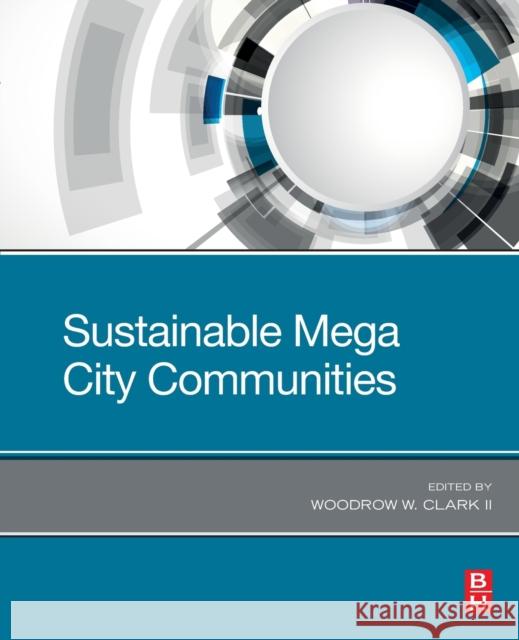Sustainable Mega City Communities » książka
topmenu
Sustainable Mega City Communities
ISBN-13: 9780128187937 / Angielski / Miękka / 2021 / 334 str.
Kategorie:
Kategorie BISAC:
Wydawca:
Butterworth-Heinemann
Język:
Angielski
ISBN-13:
9780128187937
Rok wydania:
2021
Ilość stron:
334
Waga:
0.49 kg
Wymiary:
23.5 x 19.05 x 1.5
Oprawa:
Miękka
Wolumenów:
01
Dodatkowe informacje:
Bibliografia











